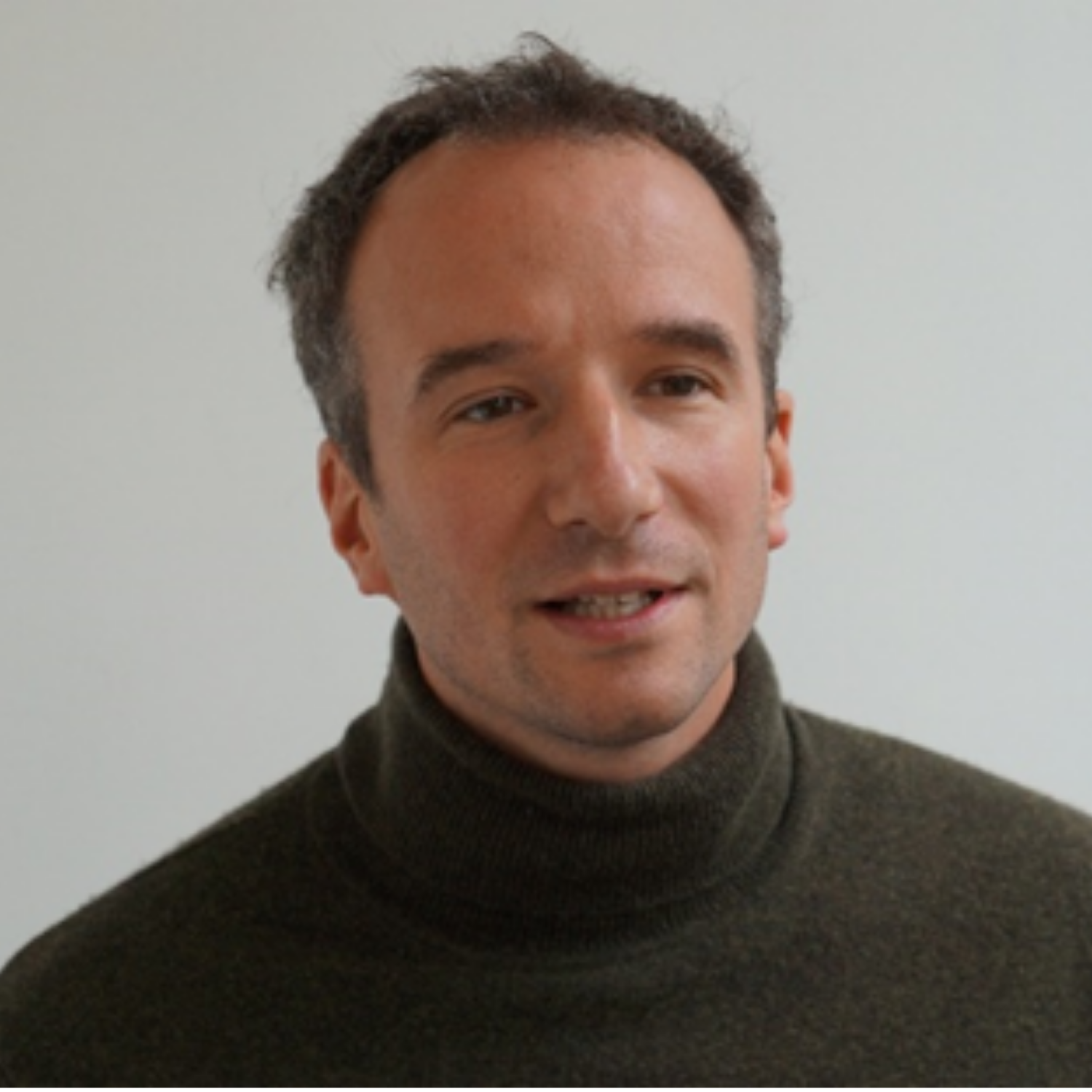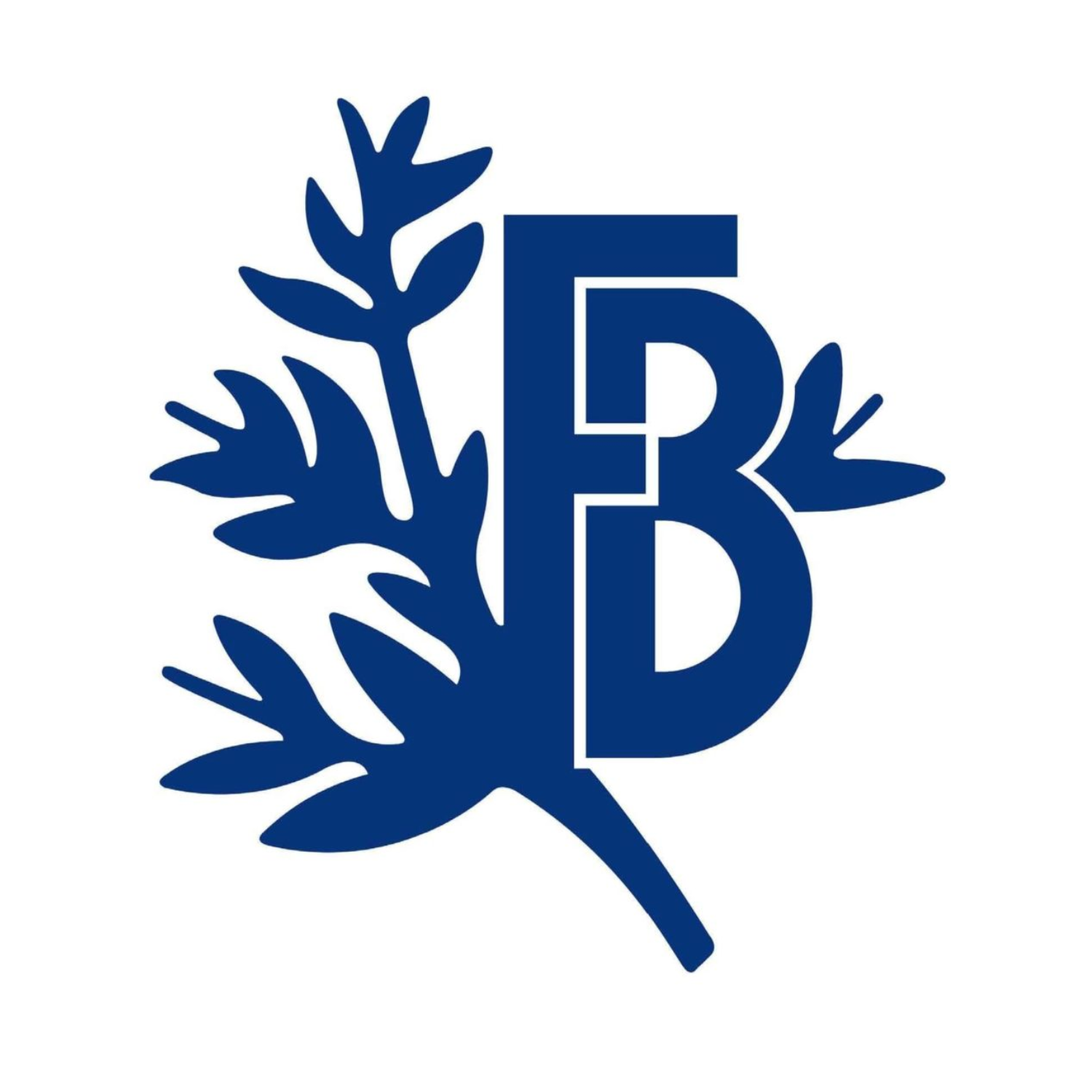Understanding how the protective blood-brain barrier works
Benoît Vanhollebeke, Professor at ULB, is one of the two winners of the Lambertine Lacroix 2024 Prize. The title of his prize-winning research is "Blood-brain barrier: from molecular mechanisms to intervention strategies". Meet the researcher.
Tell us about the research for which you have been awarded the Lambertine Lacroix Prize.
"The ancestral functions of blood vessels include supplying oxygen, eliminating metabolic waste and allowing immune surveillance throughout the body. Reflecting these common functions, the formation of new blood vessels through angiogenesis follows an almost universal cellular and molecular logic, triggered by the low partial pressure of oxygen in tissues developing beyond the diffusion limit of molecular oxygen. Despite this apparent functional and morphological unity, blood vessels are highly heterogeneous in the different organs they supply, where they play an active role in organogenesis, physiology and tissue metabolism. The brain is an extreme paradigm of such vascular specialisation, where the endothelial cells lining the lumen of the vessels form the blood-brain barrier. This neuroprotective barrier ensures cerebral homeostasis and protects the brain from toxic components circulating in the blood. Our laboratory studies the development of the blood-brain barrier. We are particularly interested in understanding how cerebral angiogenesis, a process of collective migration involving major membrane dynamics, can be coordinated functionally and temporally with the development of the restrictive properties of the blood-brain barrier, which impose constraints of rigidity and stability of intercellular contacts that are a priori opposed. Our work has led to the discovery of various molecular players regulating this process, some of which could have translational implications in the treatment of neurological pathologies in which the blood-brain barrier malfunctions."
How do you feel about winning this prize?
"Winning the Lambertine Lacroix Prize is certainly a very positive and gratifying signal. I am very grateful to the Lambertine Lacroix Foundation and the FNRS for highlighting our work in this way."
What do you think this award can bring you?
"This award is that of a team. I have the privilege and daily pleasure of working with a formidable team of particularly motivated and passionate researchers.
I'm convinced that this recognition will encourage us collectively to continue our work, guided only by the desire to explore further the fertile ground of neurovascular sciences, a rapidly expanding discipline."






